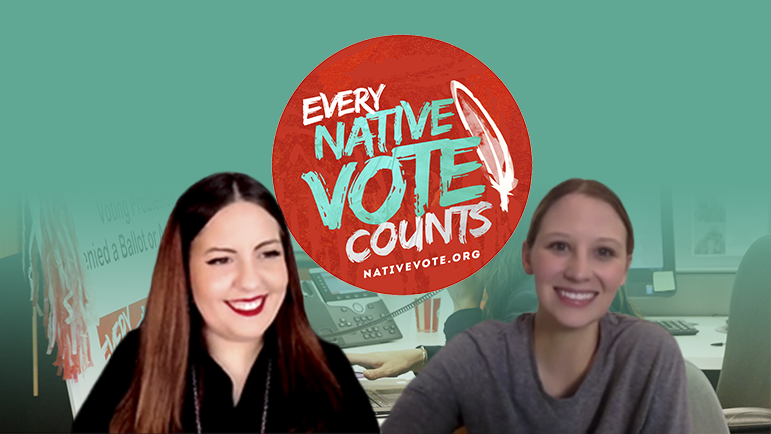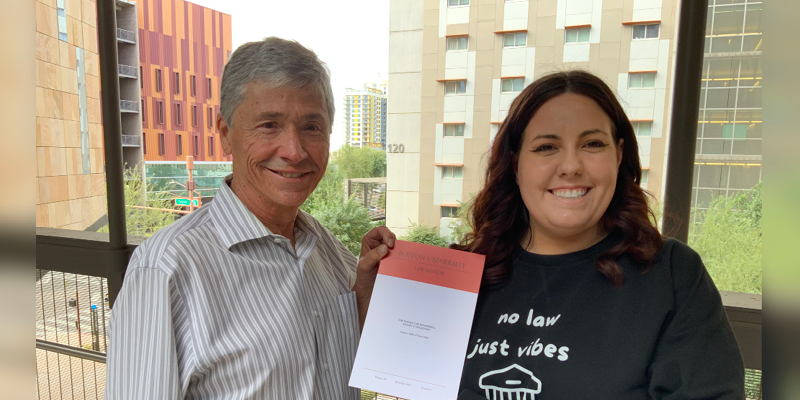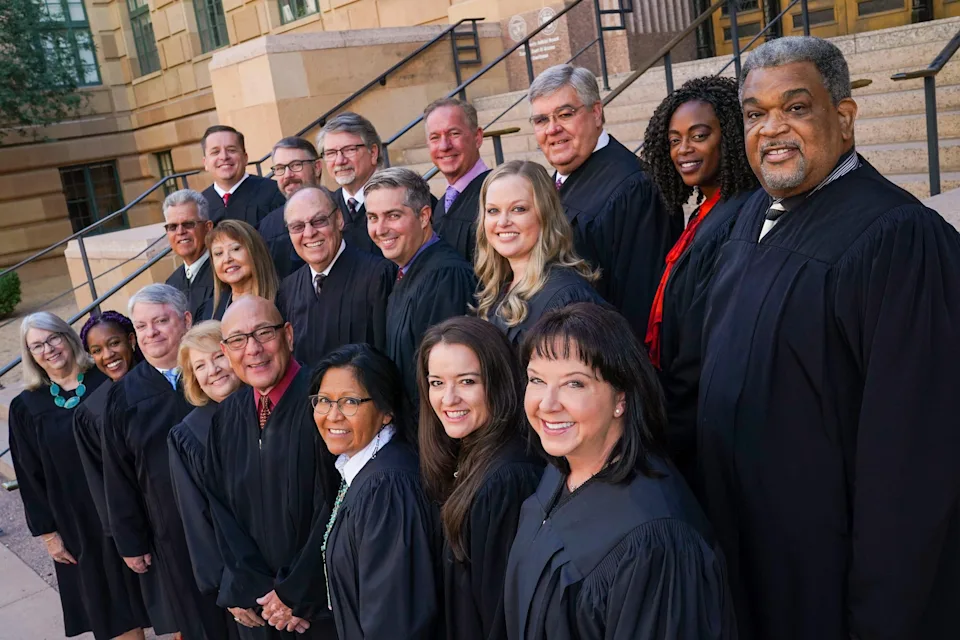Deadline for 1-2 Paragraph Article Proposals: February 7, 2022
Deadline for Article Drafts: March 18, 2022
The Indian Law Section has extended the deadline for article proposals to be included in the 2022 special Indian Law edition of the Arizona Attorney magazine. Proposals should focus on an issue of interest to those who practice Indian Law. Publication in the Indian Law Edition of the Arizona Attorney magazine is a wonderful opportunity for Indian legal practitioners to showcase their expertise in the field of Indian law. The Indian Law Section relies on you to contribute articles in order to preserve this outstanding tradition.
Past articles from the 2021 Indian Law edition were:
A View from Tribal Court: Tips for Best Practices
By M. June Harris
Thawing the Freeze: COVID-19’s Effect on the Former Bennett Freeze Area of the Navajo Nation
By Susan I. Eastman
The Words of the Talking God: Sustaining Native Nations Through the Common Law
By Joseph Austin
An Opportunity Arises: Prop. 207 and Arizona Tribes’ New Beginnings for Marijuana Legislation
By Judith Dworkin, Joe Keene, and Candace French
Epidemic Hiding in Plain Sight
By Susan Filan
Spectrum Sovereignty: The U.S. Must Recognize Indigenous Rights to Spectrum
By Darrah Blackwater
Arizona–Tribal 2021 Gaming Compact Amendments: What You Need to Know
By Heidi McNeil Staudenmaier and Ed Hermes
Bent But Not Broken – ICWA Stands: A Summary of “Brackeen v. Haaland”
By Glennas’ba Augborne Arents and April E. Olson
Either a short or a long article may be proposed. Generally, a long article will be between 2,000 and 2,500 words (in a Microsoft Word document, about 9 to 12 pages including endnotes) and will be about 3 to 4 pages in the magazine. A short article will be approximately 1,500 words and typically will be 2 pages in the magazine.
The proposal should provide the following information: author’s name and contact information (e-mail address, phone number, and name of employer/firm); the subject matter of the article (e.g., ICWA, NAGPRA, Water Rights, Land Use, Tribal Sovereignty, etc.); the anticipated title; and a concise summary of the thesis of the article.
Proposal authors will be notified on whether their proposed article has been accepted by February 11, 2022. The draft of the article for a selected proposal will be due on March 18, 2022. Final drafts of selected articles are due by April 25, 2022.
If you would like to submit a proposal or if you have questions, please contact:
Glennas’ba Augborne Arents, Secretary, Indian Law Section
gaugborne@rothsteinlaw.com
Or
Hon. M. June Harris, Member-at-Large, Indian Law Section
JHarris@sc.pima.gov





